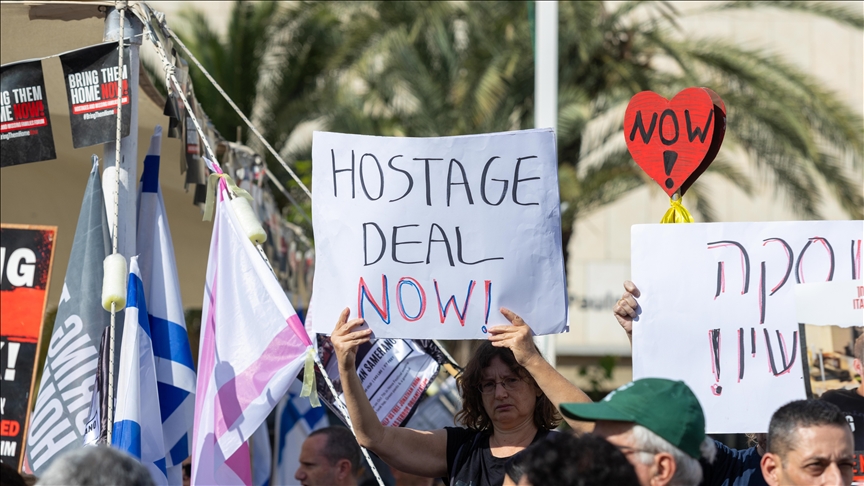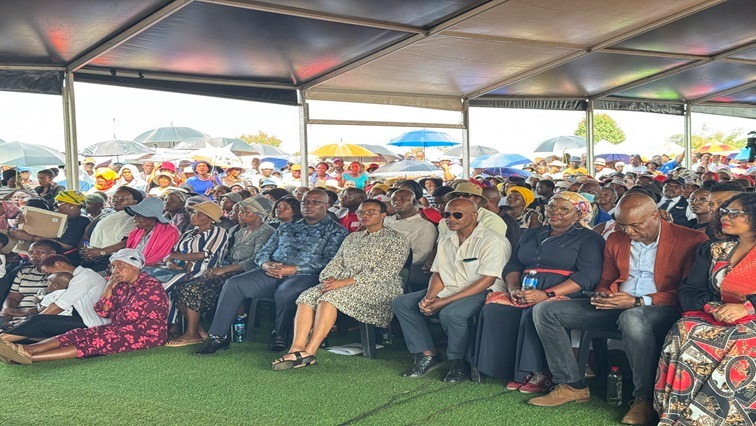Ari Goldstein
The recent prisoner exchange between Israel and Hamas has sparked intense debate and outrage, particularly among Israelis. Here are the key points highlighting the injustice of this exchange:
1. Unbalanced Exchange: Israel released 600 Palestinian prisoners, including convicted terrorists, in exchange for the return of one Israeli citizen, Yarden Bibas, and the bodies of his wife, Shiri, and their two young children, Ariel and Kfir.
2. Value of Human Life: The exchange sends a disturbing message that human life is being used as a bargaining chip. The fact that Hamas is treating human life with such disregard is a stark reminder of the organization’s blatant disregard for human rights and dignity.
3. *Israeli Government’s Compromise*: The Israeli government’s decision to agree to this exchange has been met with widespread criticism from many Israelis who feel that the government has compromised on its values and principles.
4. Hamas’s Disregard for Human Life: The fact that Hamas is willing to use human life as a bargaining chip is a deeply troubling trend that must be condemned.
5. Lack of Fairness: The exchange is fundamentally unfair, with Israel releasing hundreds of prisoners in exchange for the return of one citizen and the bodies of his family members.
Conclusion:
The prisoner exchange between Israel and Hamas is a stark reminder of the complexities and challenges of the Israeli-Palestinian conflict. While the return of Yarden Bibas is a welcome development, the fact that Hamas is treating human life as a bargaining chip is a deeply troubling trend that must be condemned.
# Disclaimer:
_The opinions expressed in this article are those of the author, Ari Goldstein, and do not necessarily reflect the views of The Zambezi Institute. The Institute is committed to promoting democratic values, human rights, and the rule of law, and encourages open and informed debate on issues of public interest._





0 Comments